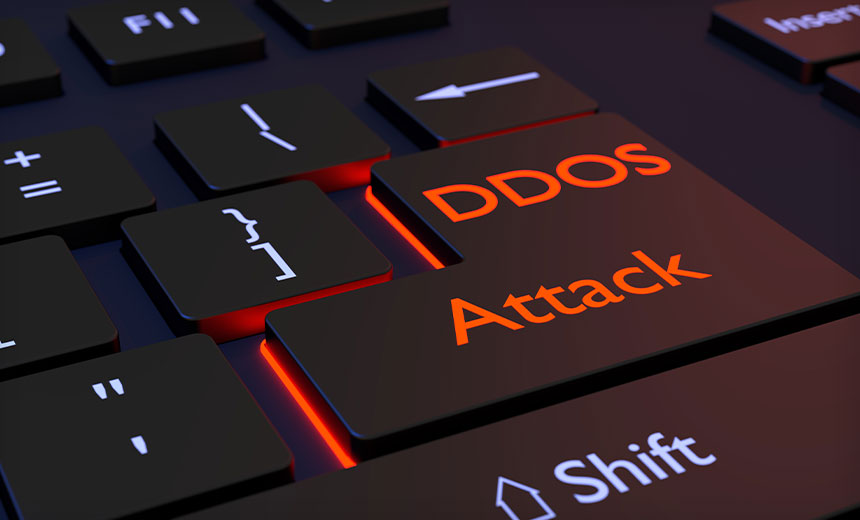
Understanding the Surge in DDoS Attacks on Blockchain Networks
In the digital age, Distributed Denial of Service (DDoS) attacks have become a common threat to online platforms, including the burgeoning blockchain networks. This blog post delves into the nature of these attacks, their impact on blockchain technology, and the measures to mitigate them.
Understanding DDoS Attacks in the Blockchain Realm
DDoS attacks, known for overwhelming systems with a flood of internet traffic, have evolved to target the decentralized nature of blockchain networks. Unlike traditional networks, blockchain’s distributed ledger technology presents unique challenges and vulnerabilities. These attacks not only disrupt services but also exploit the inherent features of blockchain, such as its reliance on network consensus and transaction verification processes.
The Mechanics of DDoS Attacks on Blockchain
Blockchain networks face a distinct type of DDoS threat. Traditional methods, like the infamous Blizzard DDoS attack, inundate a central server with traffic, causing service disruptions. In contrast, blockchain-focused DDoS attacks might involve flooding the network with numerous low-value transactions or spam, leading to network congestion. This not only slows down the network but also hampers the processing of legitimate transactions, affecting the overall efficiency and trust in the blockchain system.
Trends and Statistics: The Rising Wave of Blockchain DDoS Attacks
Recent years have seen a significant uptick in DDoS attacks targeting blockchain networks. For instance, incidents like the Diablo 4 DDoS attack highlight the growing sophistication and frequency of these threats. Statistics indicate an alarming rise in such attacks, with blockchain platforms increasingly becoming lucrative targets for cybercriminals. These attacks are not just limited to gaming or financial sectors but span across various blockchain applications, underscoring the need for robust security measures.
Impact of DDoS Attacks on Blockchain Operations
The consequences of DDoS attacks on blockchain networks are multifaceted. Firstly, there’s a direct impact on network performance, where the speed and reliability of transaction processing are compromised. This can lead to a poor user experience and erosion of trust among network participants. Additionally, there are financial implications, as these attacks can cause significant operational disruptions, leading to loss of revenue and additional costs incurred in mitigating the attacks and restoring services.
Defensive Measures and Best Practices Against DDoS Attacks
In the face of rising DDoS threats, it’s crucial for blockchain networks to adopt robust defensive measures. These strategies not only protect the network infrastructure but also ensure the integrity of transactions and smart contracts.
- Network Layer Protection: Implementing advanced network layer security protocols can help in mitigating DDoS attacks. This includes configuring firewalls, intrusion detection systems, and anti-DDoS software that can filter out malicious traffic.
- Decentralization of Resources: Further decentralizing resources within the blockchain network can reduce the impact of DDoS attacks. By distributing data and computational power across a wider network, the risk of a single point of failure is minimized.
- Smart Contract Audits: Regular audits of smart contracts are essential in identifying vulnerabilities that could be exploited in a DDoS attack. A comprehensive smart contract audit involves scrutinizing the contract’s code for security flaws and ensuring that it can withstand high traffic volumes and potential spam transactions.
- Educating Users: Informing network participants about the risks of DDoS attacks and how to prevent them is vital. This includes best practices like securing personal devices and using DDoS protection services.
Emerging Technologies and Future Outlook
The future of blockchain security, particularly in the context of DDoS attacks, looks promising with the advent of new technologies and methodologies.
- Artificial Intelligence and Machine Learning: AI and ML are being increasingly used to detect and respond to DDoS attacks in real-time. These technologies can analyze patterns of network traffic and identify anomalies that may indicate an attack.
- Advanced Network Topologies: The development of more sophisticated network structures, such as mesh networks, can provide additional layers of security against DDoS attacks.
- Regulatory Developments: As blockchain technology matures, we can expect more comprehensive regulations and standards to emerge, which will likely include specific provisions for DDoS attack prevention and response.
Conclusion
The rise of DDoS attacks in blockchain networks is a significant concern that requires immediate and ongoing attention. By understanding the nature of these attacks and implementing effective defensive strategies, including regular smart contract audits, blockchain networks can enhance their resilience against these threats. Looking ahead, the integration of advanced technologies and regulatory frameworks will play a crucial role in fortifying blockchain infrastructure against DDoS attacks and other cyber threats.
With a solid foundation in technology, backed by a BIT degree, Lucas Noah has carved a niche for himself in the world of content creation and digital storytelling. Currently lending his expertise to Creative Outrank LLC and Oceana Express LLC, Lucas has become a... Read more